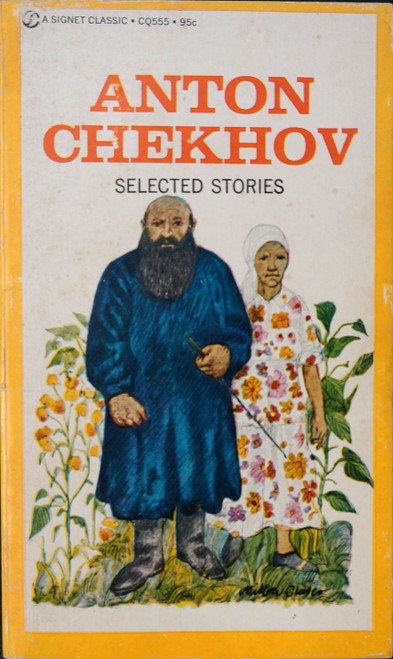A pioneer in the realistic school of American fiction, and a forerunner of Ernest Hemingway, Stephen Crane probed the thoughts and actions of trapped or baited men fighting the destructive forces in nature, in other human beings, and in themselves.
Here published complete from the original manuscripts is Cranes's masterpiece, one of the great war novels of all time, The Red Badge of Courage, together with four of his best-known short stores. Outstanding for their psychological portrayal of violent emotions keyed in quiet tension, they reveal the insight and narrative skill of "one of the clearest cases of genius in American fiction." —Car Van Doren
Other selected stories include The Open Boat, The Blue Hotel, The Upturned Face, The Bridge Comes to Yellow Sky.
Edited, and with a Foreword by R.W. Stallman
Editorial Reviews
"The Red Badge Of Courage has long been considered the first great 'modern' novel of war by an American—the first novel of literary distinction to present war without heroics and this in a spirit of total irony and skepticism." —Alfred Kazin
"The Red Badge of Courage has been called the first modern war novel because, uniquely for its time, it tells of the experience of war from the point of view of an ordinary soldier. Henry Fleming is eager to demonstrate his patriotism in a glorious battle, but when the slaughter starts, he is overwhelmed with fear and flees the battlefield. Ironically, he receives his "red badge of courage" when he is slightly wounded by being struck on the head by a deserter. He witnesses a friend's gruesome death and becomes enraged at the injustice of war. The courage of common soldiers and the agonies of death cure him of his romantic notions. He returns to his regiment and continues to fight on with true courage and without illusions." —The Merriam-Webster Encyclopedia of Literature
About the Author
Stephen Crane (1871 - 1900) was an American poet, novelist, and short story writer. Prolific throughout his short life, he wrote notable works in the Realist tradition as well as early examples of American Naturalism and Impressionism. He is recognized by modern critics as one of the most innovative writers of his generation.
The ninth surviving child of Protestant Methodist parents, Crane began writing at the age of four and had published several articles by the age of 16. Having little interest in university studies, he left college in 1891 to work as a reporter and writer. Crane's first novel was the 1893 Bowery tale Maggie: A Girl of the Streets, generally considered by critics to be the first work of American literary Naturalism. He won international acclaim in 1895 for his Civil War novel The Red Badge of Courage, which he wrote without having any battle experience.
As a child, Stephen was often sickly and afflicted by constant colds. When the boy was almost two, his father wrote in his diary that his youngest son became "so sick that we are anxious about him."
In four years, Crane published five novels, two volumes of poetry, three short story collections, two books of war stories, and numerous works of short fiction and reporting. Today he is mainly remembered for The Red Badge of Courage, which is regarded as an American classic. The novel has been adapted several times for the screen, including John Huston's 1951 version.








